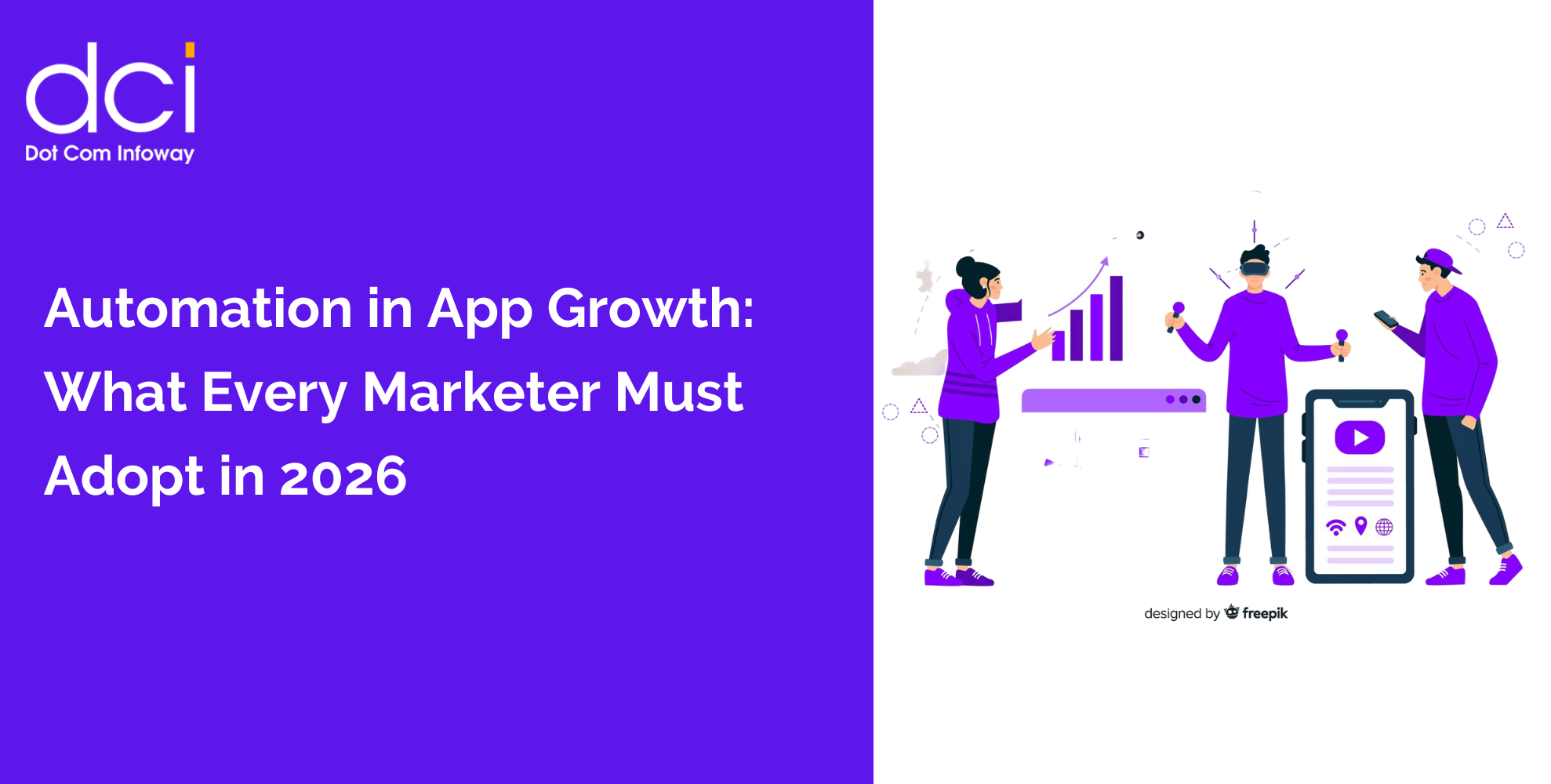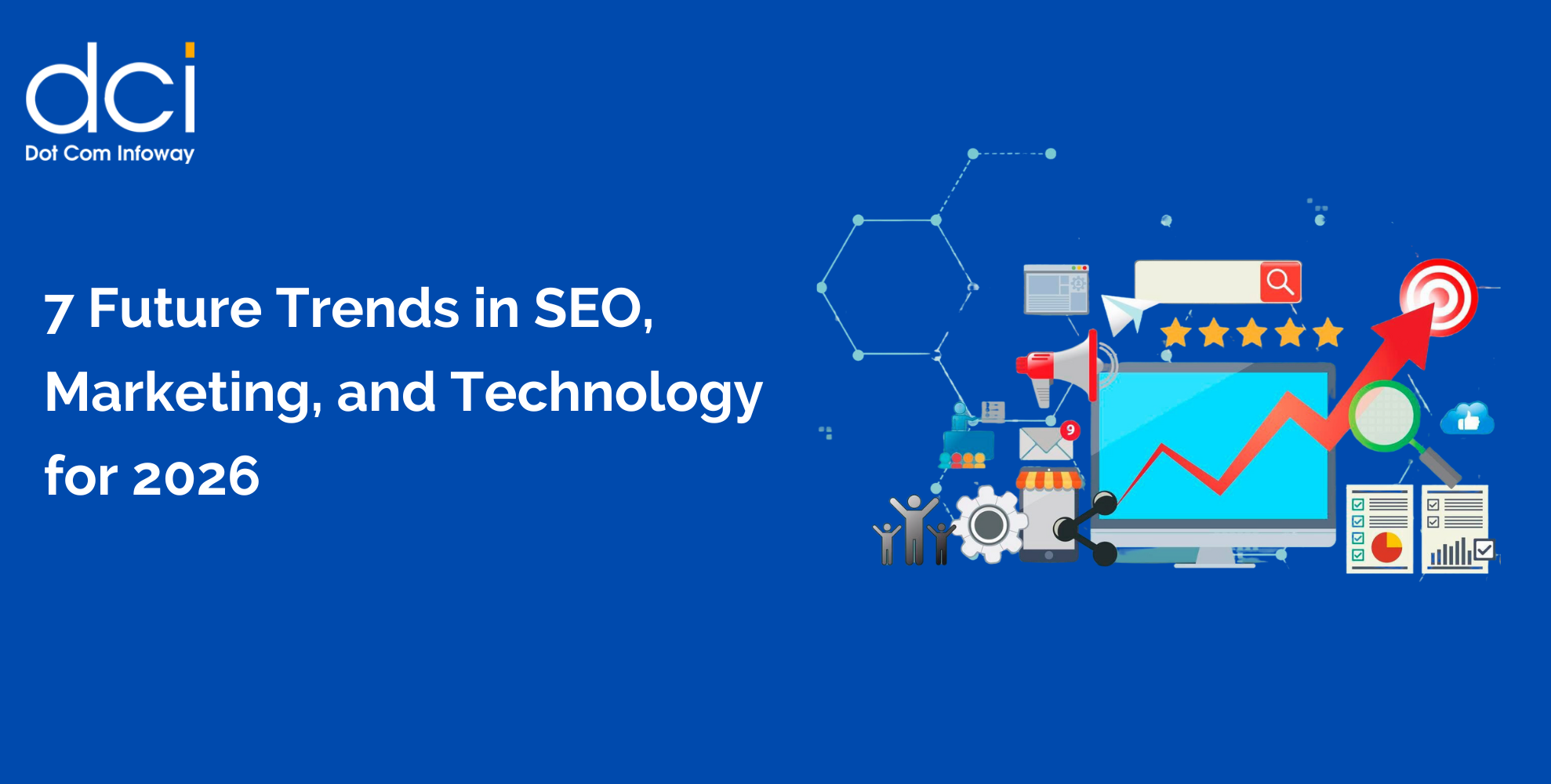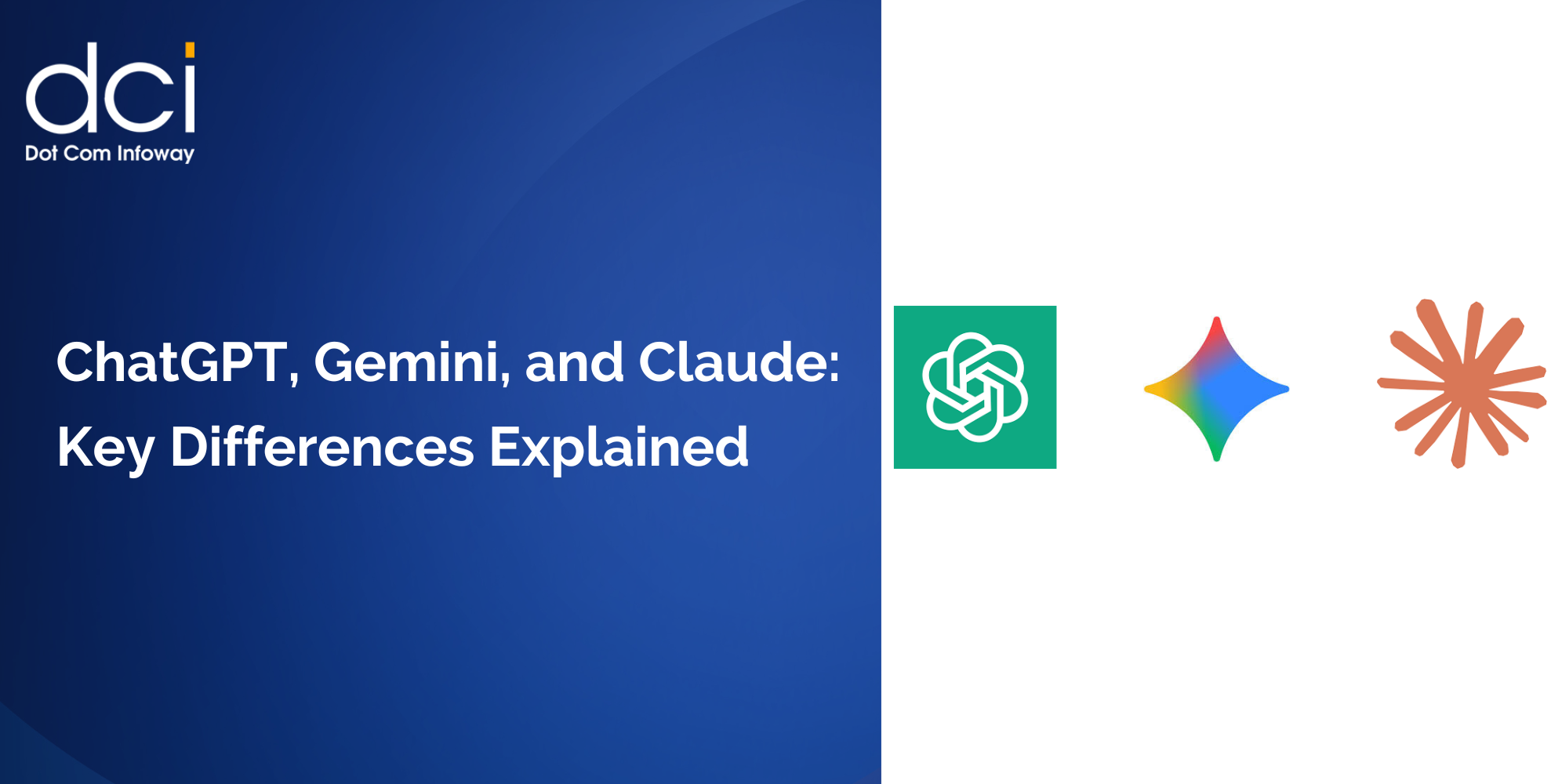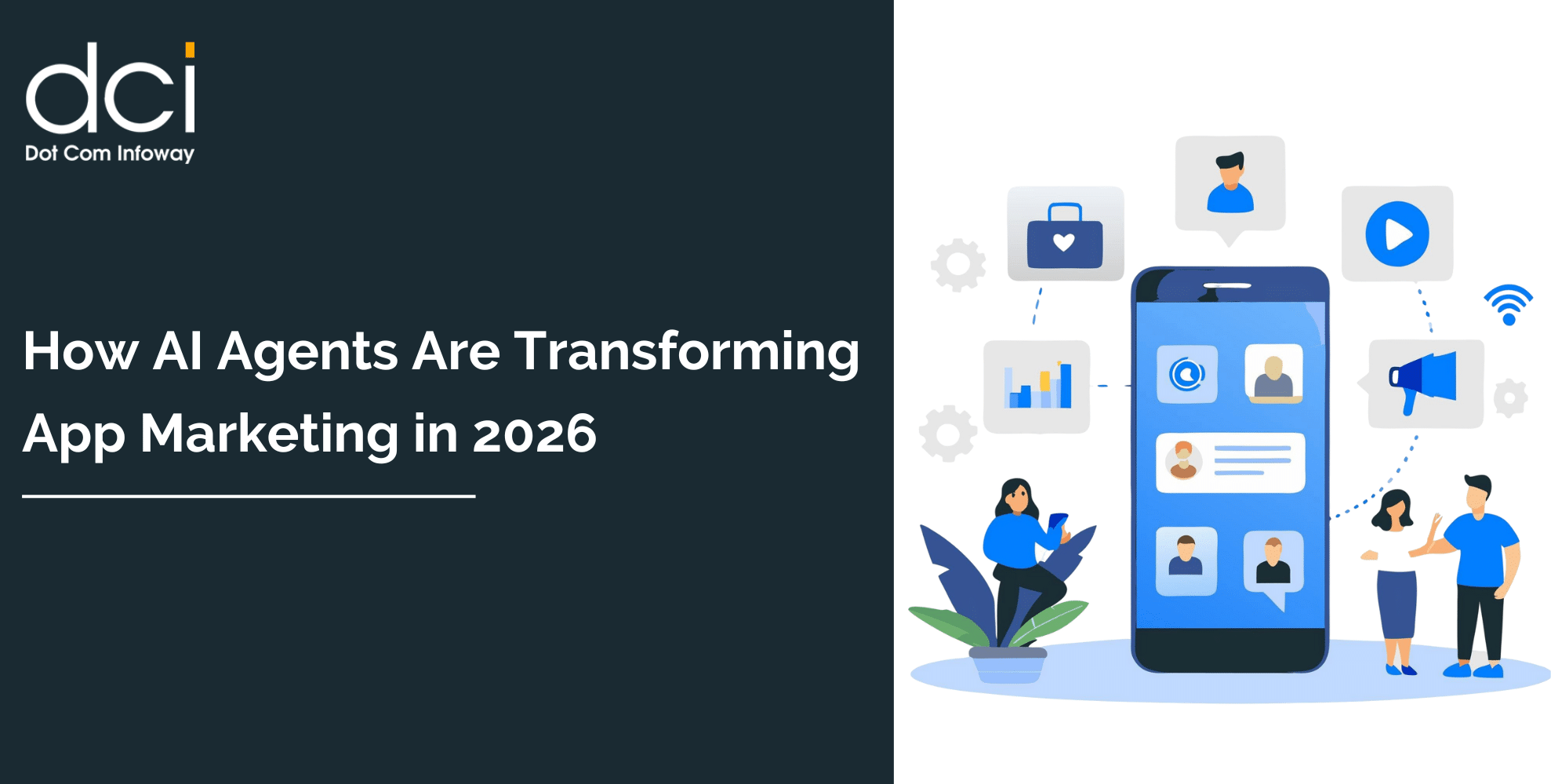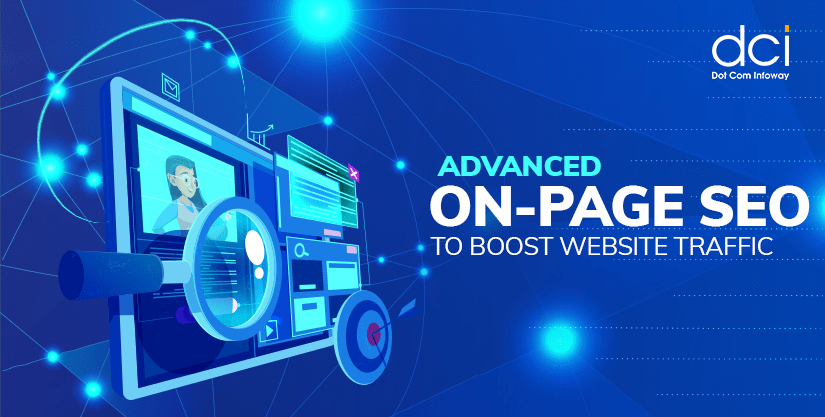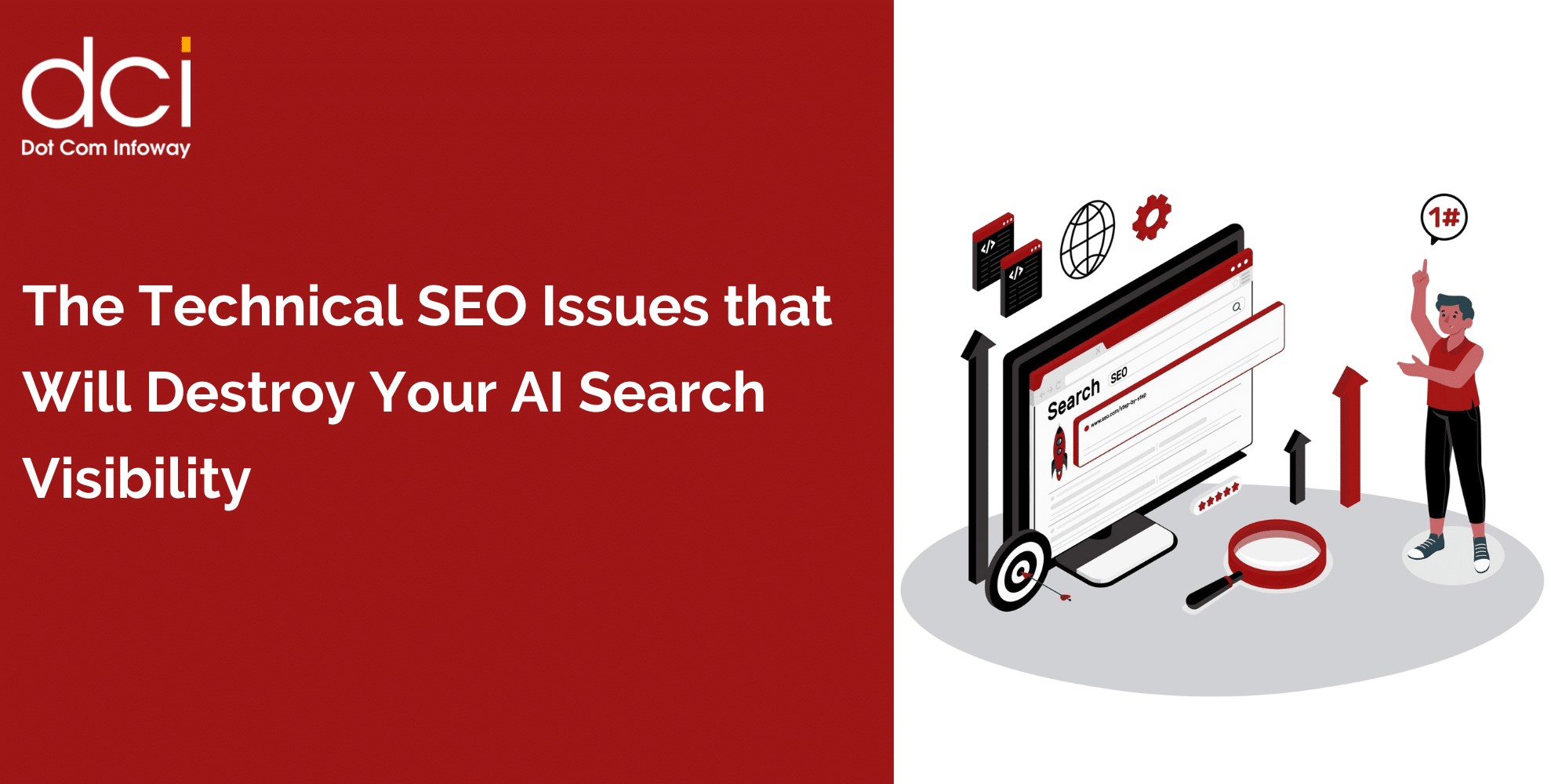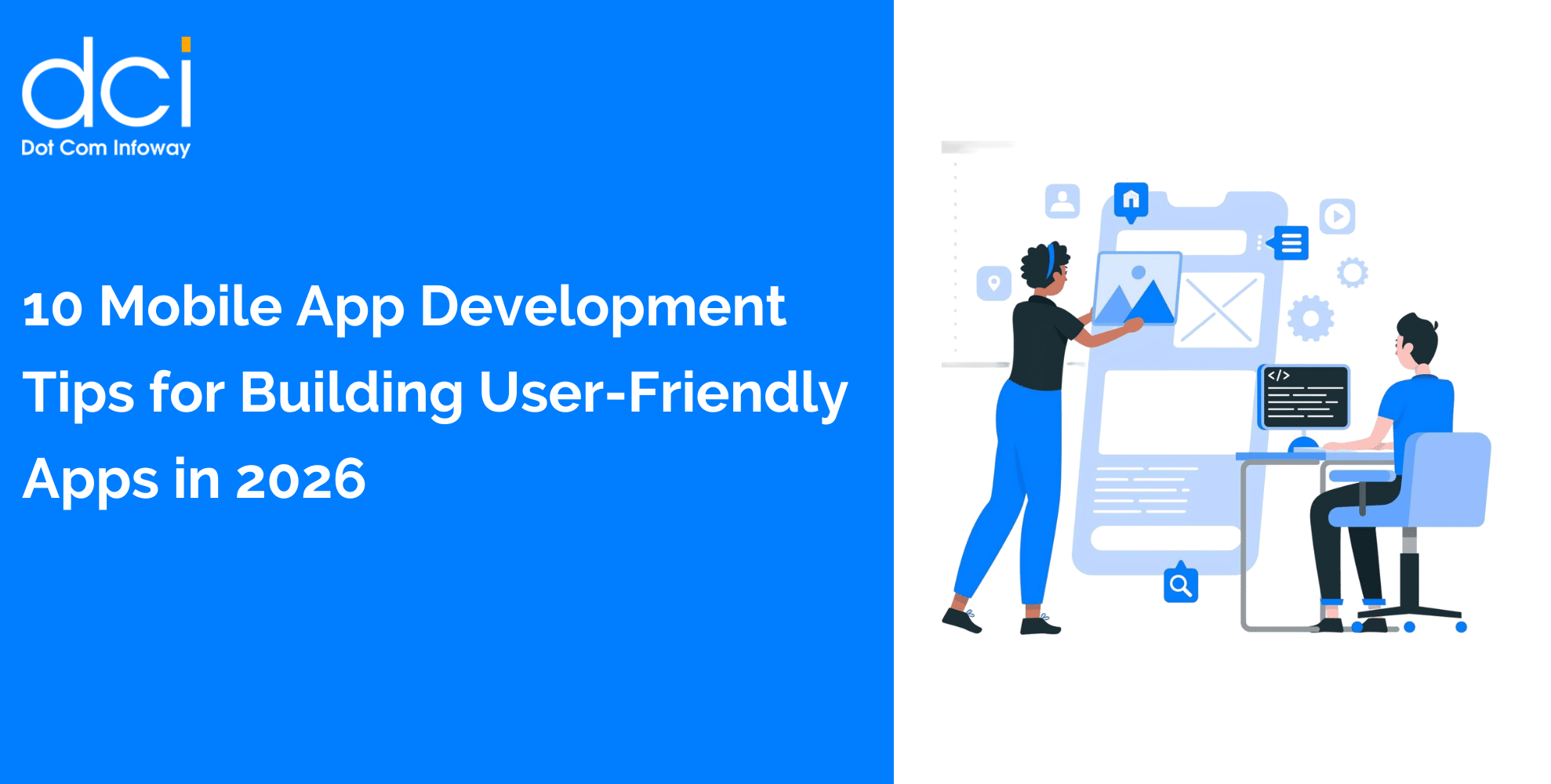Real-World Applications: Companies Getting Human-Centered AI Right
Several companies are already implementing Grieselhuber’s human-behavior-first approach with impressive results.
Shopify restructured their help documentation not for Google’s crawlers, but to match how merchants actually think about e-commerce problems. This human-centered approach improved their visibility across ChatGPT, Google, and traditional search simultaneously: a perfect example of effective LLM search engine optimization.
HubSpot analyzed thousands of customer service conversations to understand the natural language patterns people use when seeking marketing help. They then optimized their content to match these patterns, resulting in a 45% increase in AI-generated traffic referrals.
As one Reddit user in r/digital_marketing observed: “HubSpot’s content shows up everywhere now: Google, ChatGPT, you name it. They figured out that people ask the same questions whether they’re typing into a search bar or talking to an AI.”
The Data-Driven Approach to Human-Centered Optimization
Implementing Grieselhuber’s philosophy requires moving beyond traditional keyword research toward understanding behavioral patterns. This AI platform founder advocates for what he calls “intent archaeology”: digging deep into how people naturally express their needs.
Recent analysis from Conductor shows that successful AI-driven SEO strategies share three key characteristics:
- Natural Language Matching: Content that mirrors how people actually speak and think about problems
- Context Awareness: Understanding the user’s situation and expertise level
- Multi-Platform Consistency: Information that makes sense whether discovered through Google or generated by an LLM
Measuring Success Across AI Platforms
Traditional metrics like keyword rankings become less meaningful when optimizing for multiple AI platforms. Instead, focus on:
- Answer Engine Visibility: How often your content appears in AI-generated responses
- Intent Satisfaction Rates: Whether users find complete answers from your content
- Cross-Platform Performance: Consistency of visibility across Google, ChatGPT, and other AI tools
The Schema and Structured Data Reality Check
Many SEO professionals treat schema markup and structured data as magical solutions for AI optimization. However, this AI platform founder offers a more nuanced perspective: these technical elements influence LLMs, but they’re not magic bullets.
“Schema helps, but it’s not going to save content that doesn’t understand human behavior,” Grieselhuber explains. The key is using structured data to enhance already human-centered content, not as a substitute for understanding user intent.
A recent study by Search Engine Land found that pages with both strong user-focused content AND proper schema markup performed 23% better in AI-generated responses compared to pages with schema alone.
Beyond the Hype: Sustainable AI Strategy for 2025 and Beyond
While the industry buzzes about the latest AI developments, this AI platform founder’s approach offers something more valuable: sustainability. By focusing on human behavior rather than chasing every new LLM update, businesses can build search strategies that adapt to technological changes without requiring constant overhauls.
The most successful approaches to generative engine optimization will be those that use technology to better understand and serve human behavior, rather than replacing human considerations with purely algorithmic thinking.
Consider how Airbnb approaches this challenge. Instead of optimizing separately for Google and ChatGPT, they focus on understanding how travelers naturally describe their needs and preferences. This human-centered approach ensures their content performs well regardless of the search platform.
As more businesses recognize the importance of human behavior in SEO for AI tools, the competitive advantage will belong to those who can decode and serve authentic user intent across all platforms.
Companies looking to implement these strategies effectively often benefit from working with experienced SEO partners who understand both human psychology and technical optimization. Organizations like Dot Com Infoway specialize in developing comprehensive search strategies that account for both traditional and AI-driven search behaviors, ensuring long-term success in an evolving digital landscape.
The bottom line? While LLMs will continue to evolve, human nature remains remarkably consistent. Smart businesses will build their search strategies on this stable foundation rather than chasing every new AI trend.

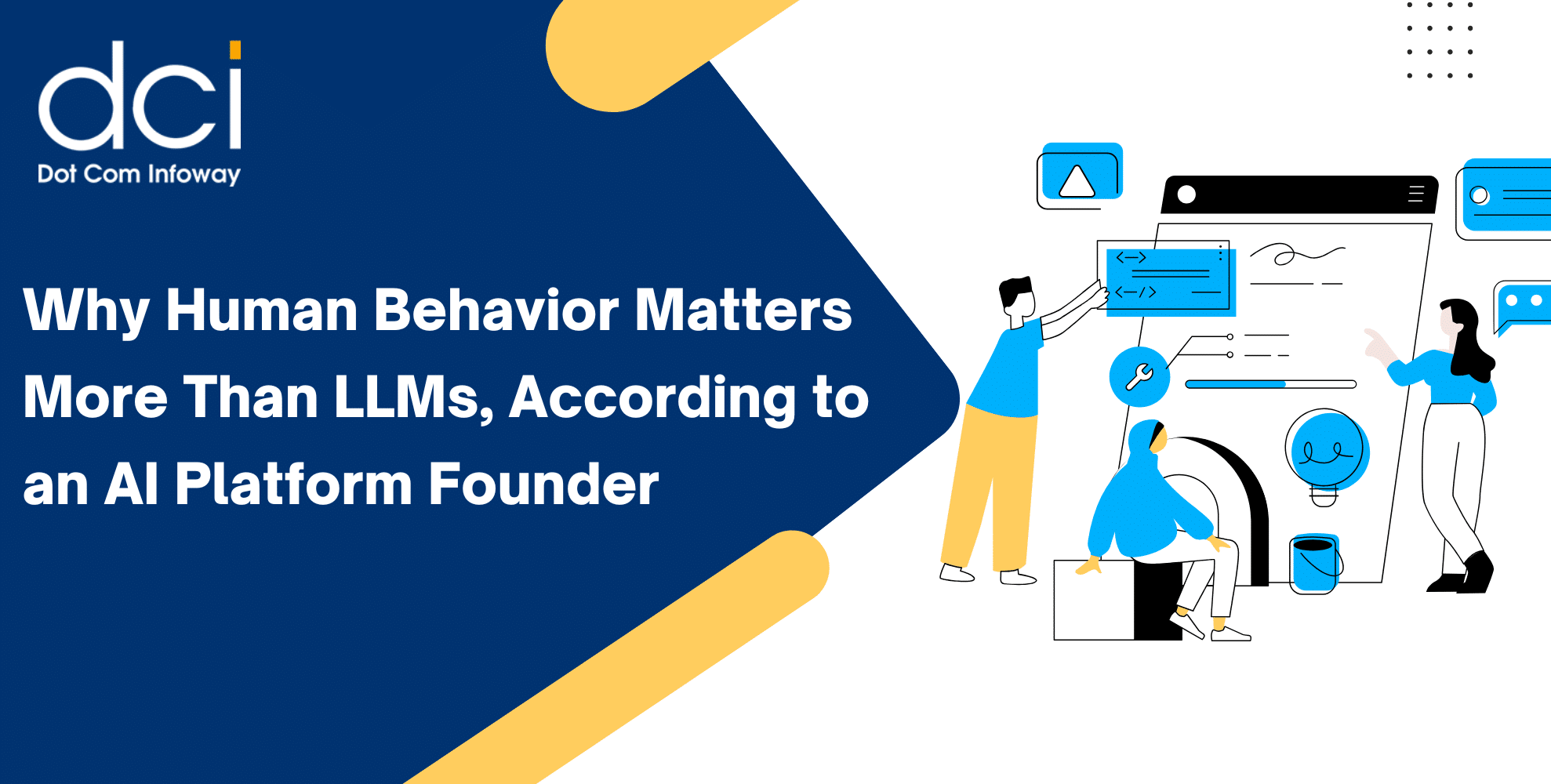





![The Game Marketing Guide: Pre and Post-Launch Strategies [Infographic]](https://www.dotcominfoway.com/wp-content/uploads/2023/09/DCI-Game-Marketing-blog-1.jpg)

